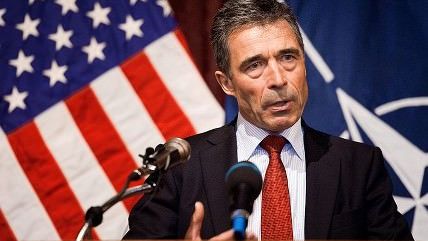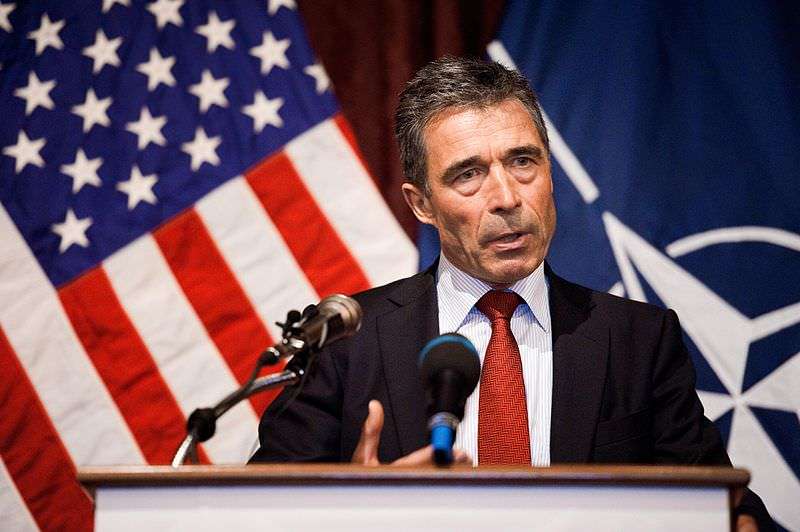Ukraine Crisis Provides a Chance to Re-Examine U.S. Alliances


Writing in The National Interest the Cato Institute's Justin Logan asks whether Estonia would be worth a war and whether the existence of an alliance like NATO creates any interest that would be worth fighting for.
Unlike Ukraine, Estonia is a member of NATO, the military alliance made of up 28 countries that was formed in part as an anti-Soviet expansion organization. Article 5 of the North Atlantic Treaty states that an attack on a member state in Europe or North America would constitute an attack on each member and that such an attack would be met with assistance that could include military force for the attacked party from other NATO members.
As Logan points out, this sort of alliance made sense in the wake of the end of World War II, but that there is no risk today of Moscow dominating Europe today:
The early Cold War rationale was strong. Leaving Germany vulnerable to the Soviet Union risked allowing Moscow to dominate Europe. But that's not going to happen today, with or without NATO. If Russia annexed all of Ukraine and seamlessly integrated it into the Russian Federation without a hitch—something that's not going to happen—the Russian economy would be about 14 percent larger, equivalent roughly to that of Italy and Turkey combined.
NATO Secretary General Anders Fogh Rasmussen has said that he would not hesitate to invoke Article 5 if Estonia were attacked, although as Logan points out, Rasmussen is vague about what exactly he would do next, saying "ambiguity strengthens the deterrence."
As Reason's Zenon Evans mentioned earlier today, NATO's Supreme Allied Commander in Europe recently suggested that he may send American troops to NATO members in Eastern Europe. Russia claims that it does not intend to invade eastern Ukraine, despite the large Russian military buildup taking place near the Ukrainian border.
As Logan points out, the lesson that should be learned from the ongoing crisis in Ukraine is that it is dangerous to have numerous military alliances in places where there are no interests that justify a military engagement:
The lesson is not that Washington should have started World War III over Ukraine, but rather that there is danger in littering the globe with alliance commitments in places where there is no interest that warrants war. This is particularly true when those countries seem to have beenemboldened by the alliance commitment, and have politics that reflect the NATO commitment better than they reflect the nation's geography or power position. Eventually one or more of NATO's bluffs could be called, and a U.S. president could find himself—or herself—threatening war in a context where it has no vital interest, and war was never intended or even seriously considered.
More from Reason on Ukraine here.
